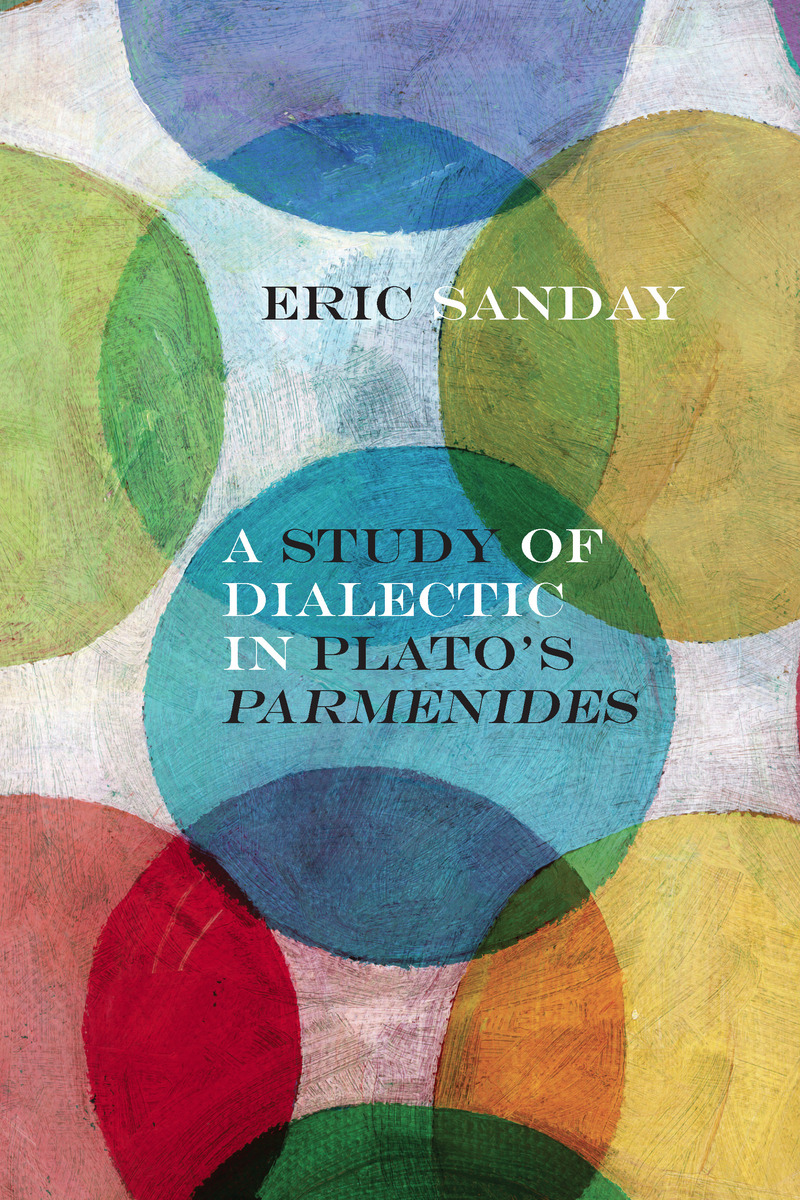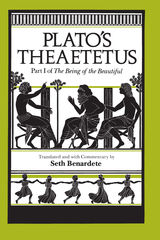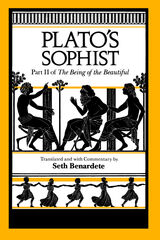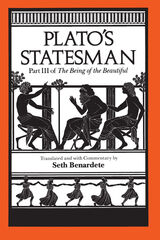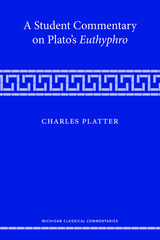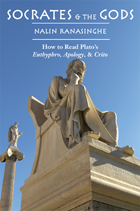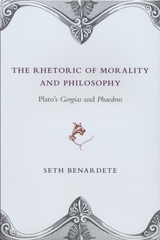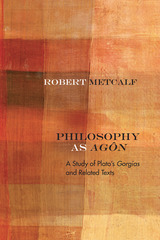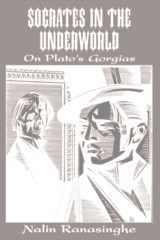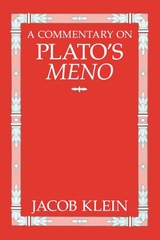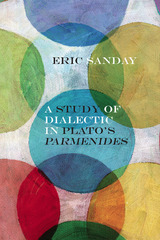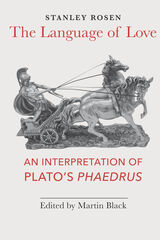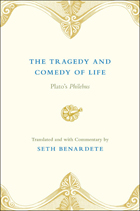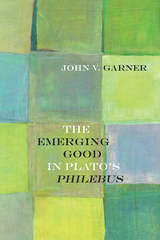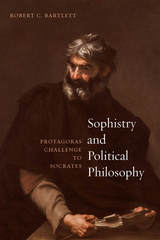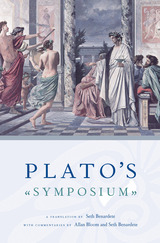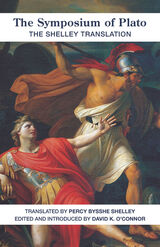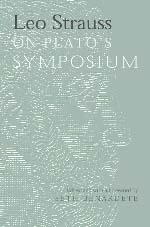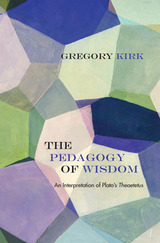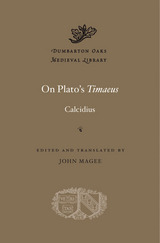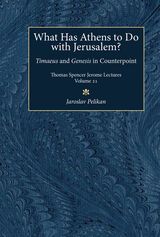A Study of Dialectic in Plato's Parmenides
Northwestern University Press, 2014
Paper: 978-0-8101-3485-0 | eISBN: 978-0-8101-6791-9 | Cloth: 978-0-8101-3007-4
Library of Congress Classification B378.S25 2015
Dewey Decimal Classification 184
Paper: 978-0-8101-3485-0 | eISBN: 978-0-8101-6791-9 | Cloth: 978-0-8101-3007-4
Library of Congress Classification B378.S25 2015
Dewey Decimal Classification 184
ABOUT THIS BOOK | AUTHOR BIOGRAPHY | TOC | REQUEST ACCESSIBLE FILE
ABOUT THIS BOOK
In this book, Eric Sanday boldly demonstrates that Plato’s “theory of forms” is true, easy to understand, and relatively intuitive. Sanday argues that our chief obstacle to understanding the theory of forms is the distorting effect of the tacit metaphysical privileging of individual things in our everyday understanding. For Plato, this privileging of things that we can own, produce, exchange, and through which we gain mastery of our surroundings is a significant obstacle to philosophical education. The dialogue’s chief philosophical work, then, is to destabilize this false privileging and, in Parmenides, to provide the initial framework for a newly oriented account of participation. Once we do this, Sanday argues, we more easily can grasp and see the truth of the theory of forms.
See other books on: Dialectic | Metaphysics | Plato | Reasoning | Russon, John
See other titles from Northwestern University Press
